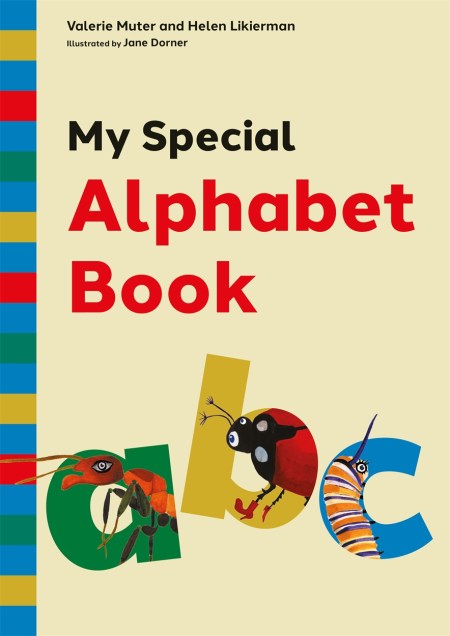Can you spot Dinaroo and her friends and see what they have found in the dump? Can they recycle it? Or make something new?
Written by two leading psychologists, the engaging, colourful, fully illustrated alphabet story in the first part of this book is accompanied by an extensive workbook section. Here you find exercises, in the form of games, to develop the important component skills needed for reading and learning about printed letters. Together you and the child will be able to practice the phoneme (speech sound) awareness and other fundamental language skills that are so important, and often difficult to acquire, for young children who may have dyslexia or speech and language problems.
My Special Alphabet Book will provide the vital early support these young children need in literacy. It also includes a user-friendly guide for parents and teachers, as well as extension activities to build awareness of environmental issues.
Written by two leading psychologists, the engaging, colourful, fully illustrated alphabet story in the first part of this book is accompanied by an extensive workbook section. Here you find exercises, in the form of games, to develop the important component skills needed for reading and learning about printed letters. Together you and the child will be able to practice the phoneme (speech sound) awareness and other fundamental language skills that are so important, and often difficult to acquire, for young children who may have dyslexia or speech and language problems.
My Special Alphabet Book will provide the vital early support these young children need in literacy. It also includes a user-friendly guide for parents and teachers, as well as extension activities to build awareness of environmental issues.
Newsletter Signup
By clicking ‘Sign Up,’ I acknowledge that I have read and agree to Hachette Book Group’s Privacy Policy and Terms of Use
Reviews
I would strongly recommend any educator, specialist teacher or parent to use this book which introduces the alphabet and the letter-sound correspondences so vital to successful reading development. It also presents the concepts and materials in a fun and topical manner which will hold the attention of the child.
This is a lovely book! It is also special in embracing the important principle that language is the foundation of literacy. Complete with beautiful illustrations, and an important environmental message, the book acknowledges the need to build phonological awareness and oral language skills in concert. Parents and children can together enjoy activities including the key components of reading for meaning: phonological awareness, active listening, vocabulary enrichment, questioning, inferencing and story-telling. Based on the insights of two psychologists with extensive clinical experience, the book is aimed at children with dyslexia, acknowledging that many such children have language difficulties. However, the book can be recommended to all parents and grandparents who care about literacy.

